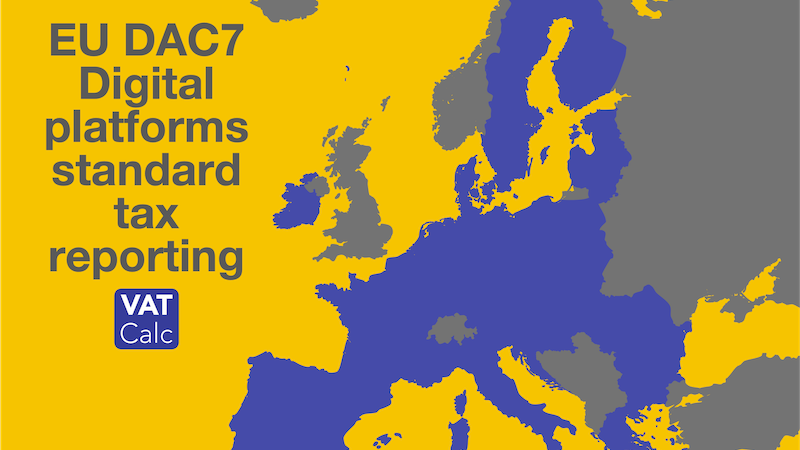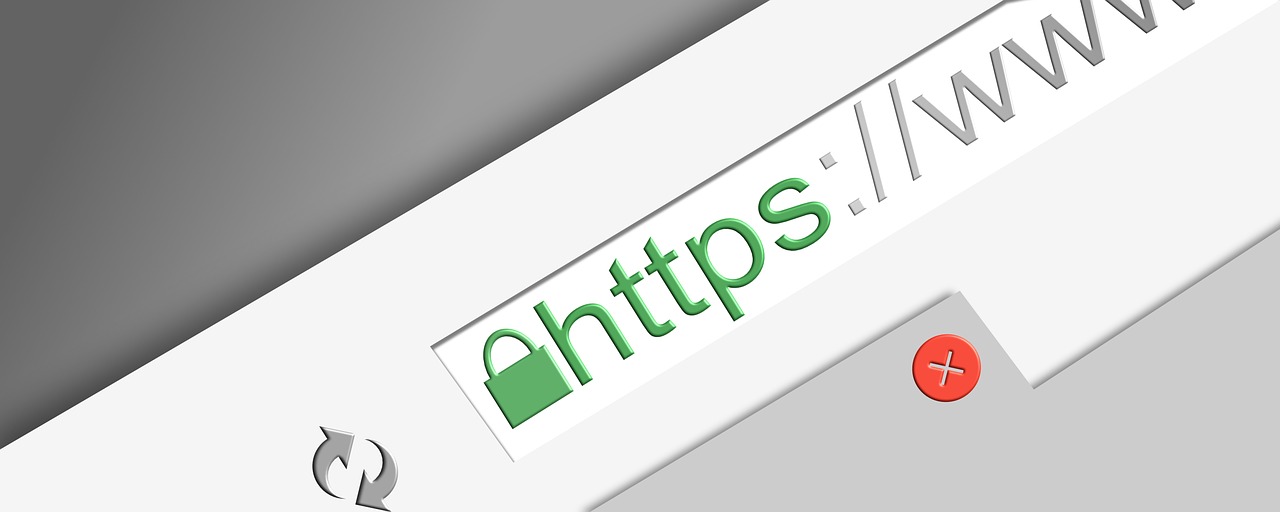The cost of an e-commerce site depends on a variety of factors and specific business needs. The first step is to study the market, target audience, potential, and possible developments. This way, you’ll have a clear idea of the website features you need and all the elements that can influence the final cost. Below are some key points to consider when requesting an online quote for a platform that meets your objectives.
1. Subscription-Based E-Commerce Platforms
Start with the choice of platform. Projects that do not require high customization can rely on subscription-based platforms. These drastically reduce initial costs and typically offer a simple CMS. While costs are lower, functionality and customization options for future needs may be limited.
2. Open Source Platforms
Several open-source CMS platforms are available:
-
Magento 2.0 – One of the most widely used CMS for online sales, offering extensive features to define both graphical and management aspects and ensuring high customization.
-
Drupal – Highly flexible and customizable for websites serving different types of businesses.
-
WordPress – Can be adapted for e-commerce with a good balance between quality and cost.
If you lack technical knowledge, you’ll need professional consultation. Installation costs vary depending on the level of customization required.
3. Custom CMS and Dedicated Servers
The third option is a fully custom CMS: a platform built from scratch, tailored to your business, perfectly functional for each product or service offered.
Advantages:
-
Development – Continuously updated and adapted to your needs. Unlike open-source solutions, it allows the creation of functionalities and features tailored to your sector and changing search engine requirements.
-
Security – Code is private. Open-source platforms are publicly accessible, making it easier for attackers to find vulnerabilities. A crucial factor when handling sensitive data.
-
Functionality – Custom CMS is designed and optimized to the highest standards. No plugins or extra work are required.
This solution suits medium to large business projects requiring high professionalism and customization to maximize revenue.
4. Features
A major benefit of a custom CMS is the ability to develop custom functionalities tailored to your business. When planning your project, consider potential needs that could add extra costs.
Check that the platform supports:
-
Shipping (free shipping, different domestic/international costs, weight-based fees, cart discounts)
-
Payments (PayPal, cash on delivery, bank transfer, credit cards, multiple currencies)
-
Multilingual support
-
Product pages
-
Filters
Costs for these configurations can vary significantly.
5. Design
Design also affects the final price. Subscription-based and open-source platforms offer pre-made templates, costing from a few euros to a few hundred. Minimal customization may require additional configuration.
Technical skills are required to integrate and harmonize the theme with your e-commerce business. Open-source themes may encounter issues over time if not updated alongside the platform or if bugs aren’t promptly fixed.
So, How Much Does an E-Commerce Website Cost?
Simply put, there’s no exact price due to all the variables mentioned above.
For a professional and detailed analysis of your project and a free quote, contact us, and we will find the best solutions for your online business.











